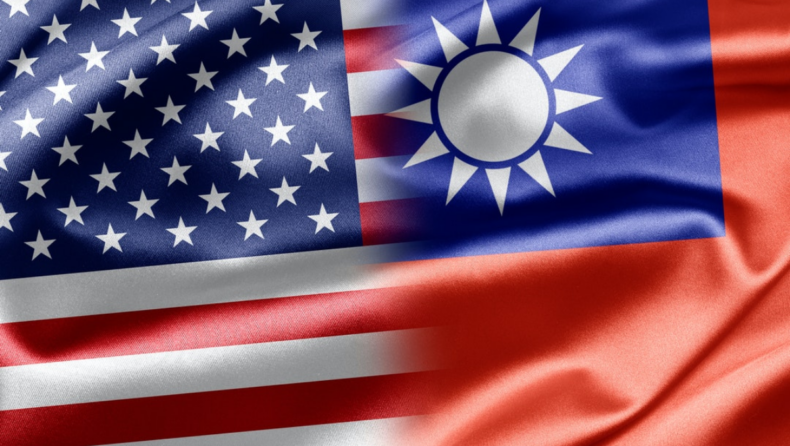
Taiwan is a major U.S. partner in the Indo-Pacific, as a leading democracy and technical powerhouse. Despite the fact that the U.S. does not have diplomatic relations with Taiwan, there is a strong unofficial relationship between the two countries. The United States and Taiwan share similar ideals. They shares significant commercial and economic ties, and also strong people-to-people ties. Thus, this serves as the foundation for their friendship and the drive for growing U.S. engagement with Taiwan.
Taiwan’s unofficial ties with the United States are growing. In trade and investment, health, semiconductor and other crucial supply chains, investment screening, research and technology, education, and spreading democratic ideals. Taiwan has emerged as a key US partner. Taiwan’s status as a dynamic, self-governing democracy is crucial and important to the United States.
China considers Taiwan as its province
Taiwan has struggled to keep relationships with foreign states, a task compounded by China’s growing power. Despite the 1980 Taiwan Relations Act’s intent to cushion Washington’s 1979 denial of the Republic of China’s recognition.
Taiwan is virtually a permanent diaspora on one island. Taiwan is treated as a province by the People’s Republic of China (PRC). The mainland maps represent Taiwan as such and its inevitable return is entirely a domestic issue.
Taiwan’s return is part of the “arc of history,” as stated by the PRC foreign minister. He stated that any announcement of US support for Taiwanese independence is a “red line.”
Beijing is increasingly convinced that it is safer in a world that is fundamentally different from the order established by the West. Even as trade and travel regulations have softened, Beijing has long “sought to isolate Taipei internationally.” It is enticing small states to desert Taipei for Beijing through political and economic tactics . Thus, this includes large-scale investment and infrastructure packages.
The people of Taiwan are increasingly supportive of severing cultural connections with the mainland. According to surveys performed in 2019, the majority of Islanders identify themselves Taiwanese rather than Chinese. Although the divide is severe along age and political party lines. Taiwan’s embrace of self-identification and has not been accompanied by corresponding improvements in defenses.
Closer ties with Taiwan are encouraged by the U.S.
For years, the United States has followed the “one China policy” in its dealings with Taiwan. This is not the same as Beijing’s “one China policy.” The U.S. has “acknowledged” but never accepted the Chinese Communist Party’s claim to Taiwanese sovereignty.
Long has Washington argued that disputes between China and Taiwan should be resolved amicably. As in accordance with the wishes of people on both sides of the Taiwan Strait.
However, there is growing anxiety over Taiwan, particularly in light of Beijing’s attack on pro-democracy movements in Hong Kong. The new measures may encourage American officials to use social media to communicate with their Taiwanese colleagues.
The new Taiwan standards come as the United States Congress considers big legislation to confront China’s growing global power. The bipartisan Strategic Competition Act of 2021 proposes no limitations on interactions between US officials and their Taiwanese counterparts.
Conclusion
The “Democracy Agenda” of the Biden Administration accurately pointed out that democracy is a process rather than a binary option between authoritarianism and liberalism. However, as previously said, Taiwan is economically significant to American trade in the region. Hence, it provides the finest political counterbalance to the PRC. Supporting an isolated democracy against foreign dangers, in general, is implicitly helpful to the normative standards that the U.S. promotes.
The US will continue to support Taiwan’s membership in international organizations that do not need statehood and encourage Taiwan’s meaningful engagement in organizations where membership is not possible. The World Trade Organization, the Asia-Pacific Economic Cooperation Forum, and the Asian Development Bank are among the international organizations and organizations that Taiwan and the United States are members of.
The Global Cooperation and Training Framework, developed by AIT and TECRO in June 2015, is a forum for promoting Taiwan’s technical competence around the world. Taiwan and its partners use the framework to provide technical training in areas such as public health, supply chain resiliency, energy, women’s rights, and disaster assistance.













